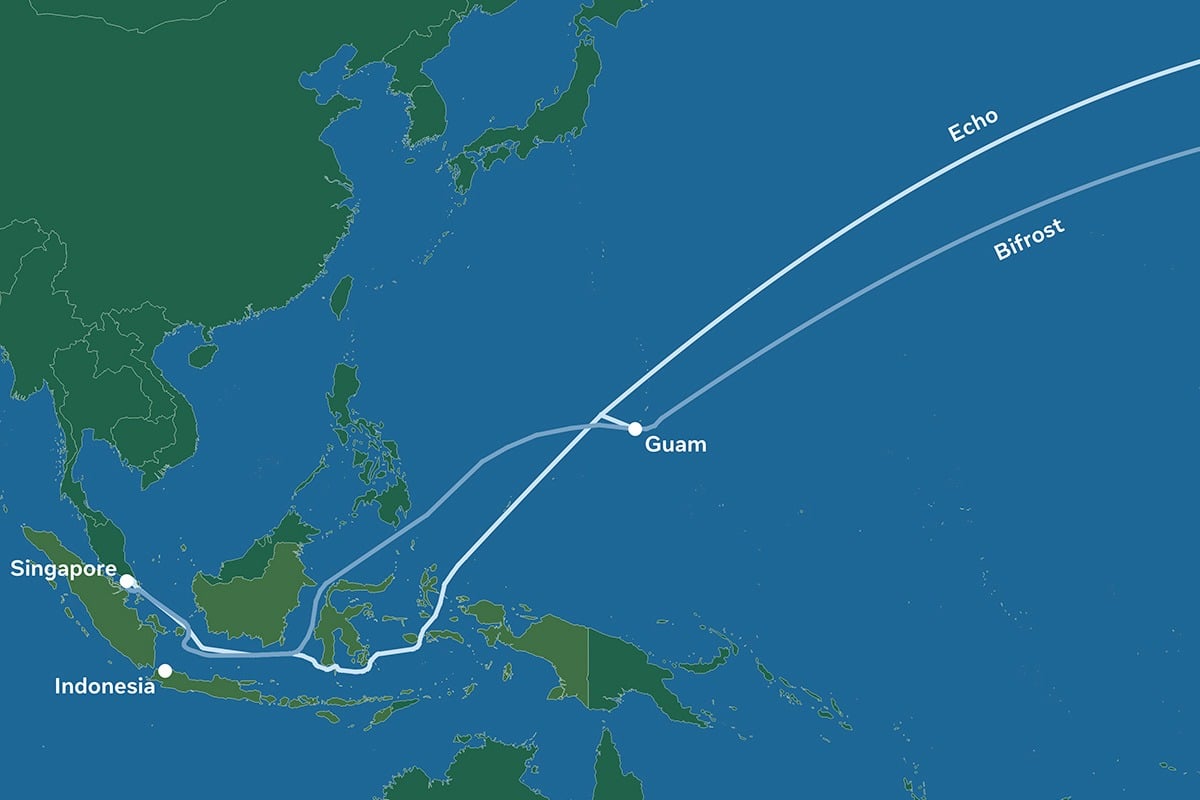Crisis is usually an external event, such as the coronavirus pandemic, and regardless of whether it’s a supply chain insolvency or a macro-economic wrecking ball, it will not necessarily be your doing. More than likely however, it will be your problem, says Melbourne-based business strategy advisor and interim executive Brian Sands.
According to the Australian Securities and Investments Commission, there were 10,748 insolvency appointments across Australia in the FY2019. In round numbers, that’s around 900 a month and 45 per business day, a sobering statistic that represents approximately five per cent of the new companies registered the year before.
“It is hard to comprehend that in the midst of a global pandemic and economic distress that these appointments have declined 60 per cent in one year. However, if it were not for government intervention – firstly through safe harbour provisions, and now through legislation that enables small business restructure – there is no doubt that the statistics for 2020 would have been extraordinary, and the fallout significant,” says Sands.

Small businesses account for 97 per cent of Australian businesses by headcount and 33 per cent of GDP, according to the Australian Small Business and Family Enterprise Ombudsman.
Sands says: “Under this new debtor-managed rather creditor-enforced legislation, there are operational mechanisms and qualified practitioners that will enable distressed small businesses to restructure. Great!
“But how will these small and usually under-resourced businesses ensure that they are intervention ready, able to survive an external process led by someone else?”
A Tactical Response Mindset
In order to be truly prepared for not only what the business world throws at you, but to also ensure that you can quickly navigate any intervention, there are five softer yet high-value and easy-to-achieve enablers that will unlock your solution, rather than dwell on the mechanics of your problem, Sands explains.
“Successful transformations are quick and relatively painless when you have these five enablers in place,” Sands says. “Change will become more of an innovation rather than an intervention, and it will indicate to the world that you are in front of the game, that you are agile and that you are willing and able to optimise whatever gets thrown your way. It’s about having a first-mover mindset.”







